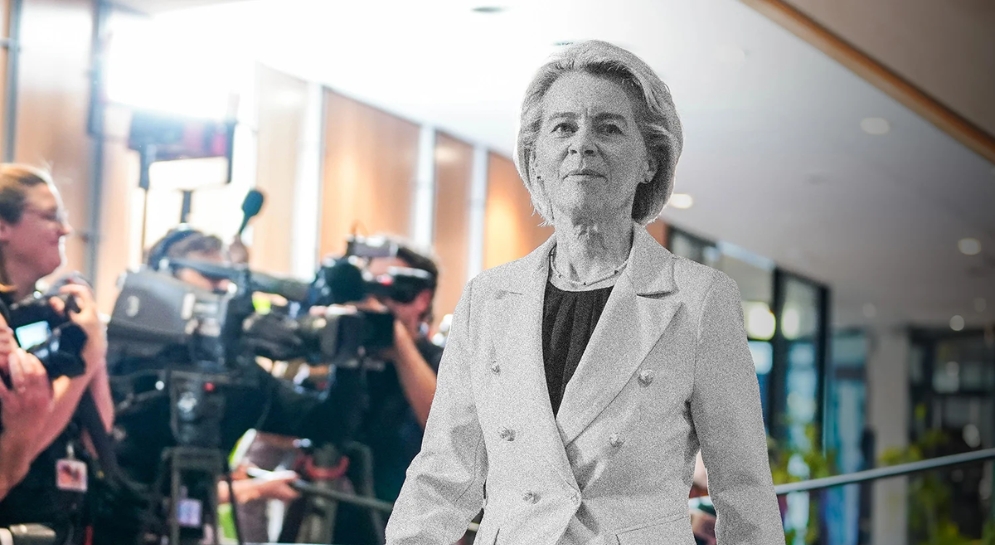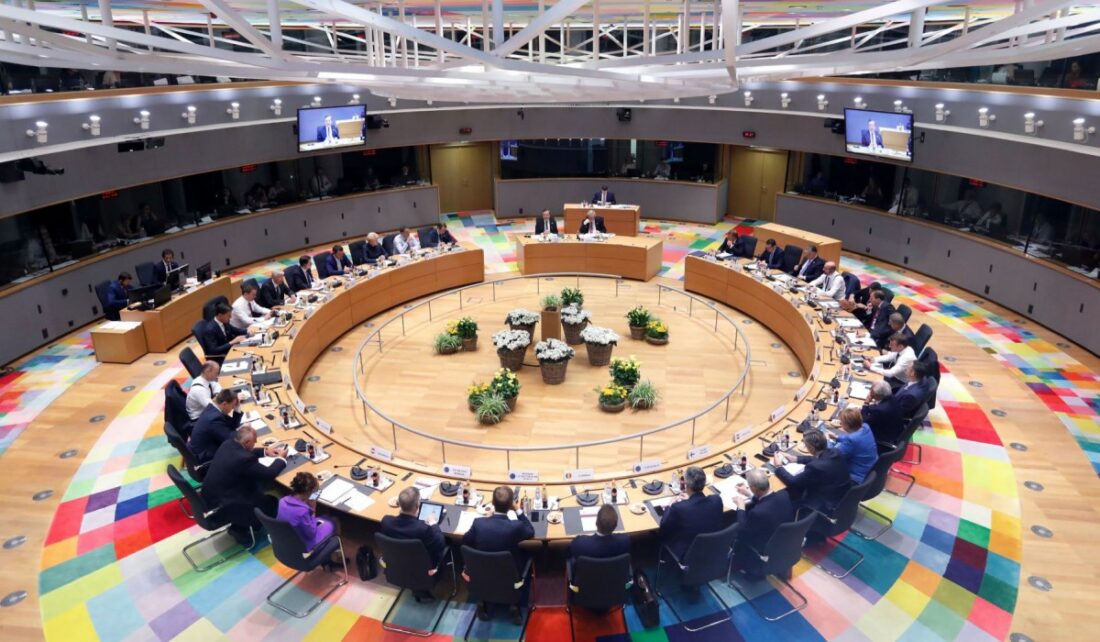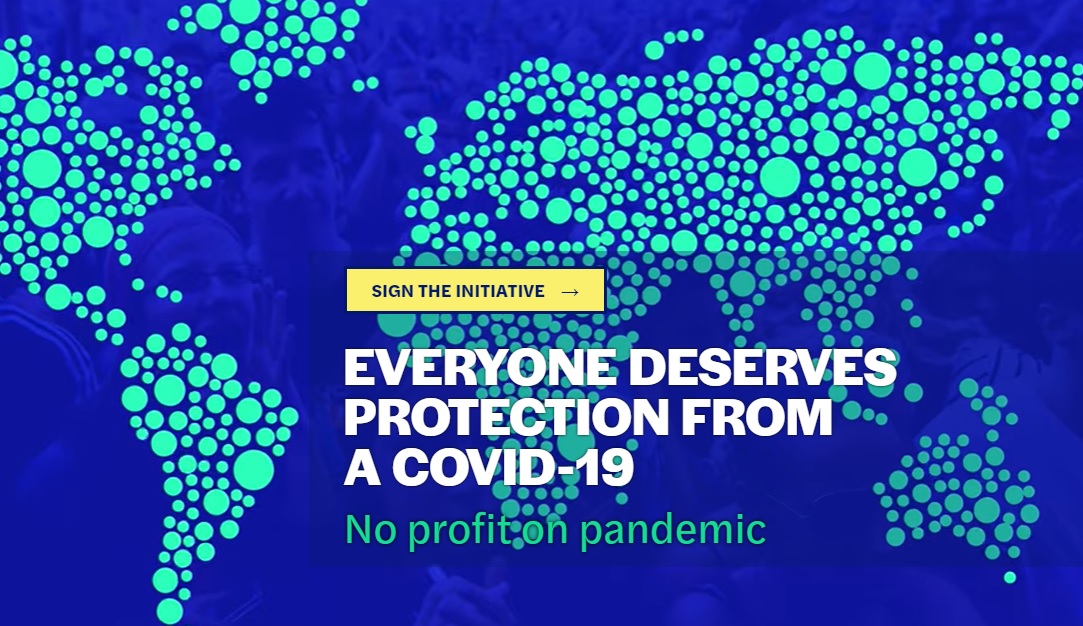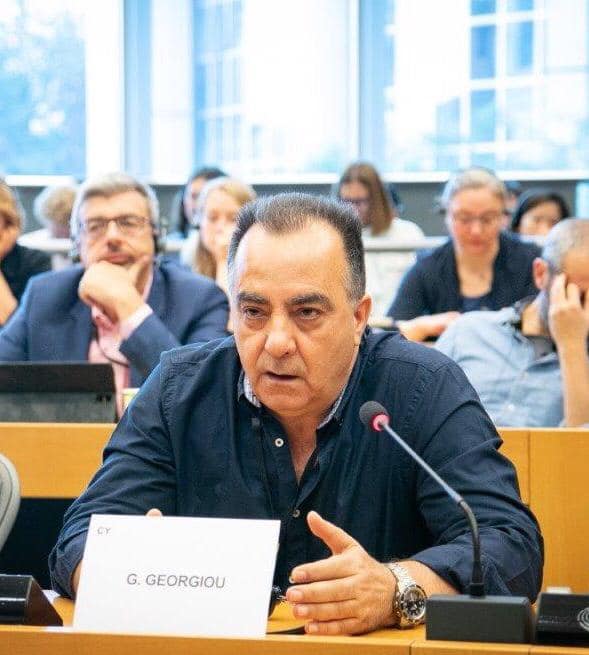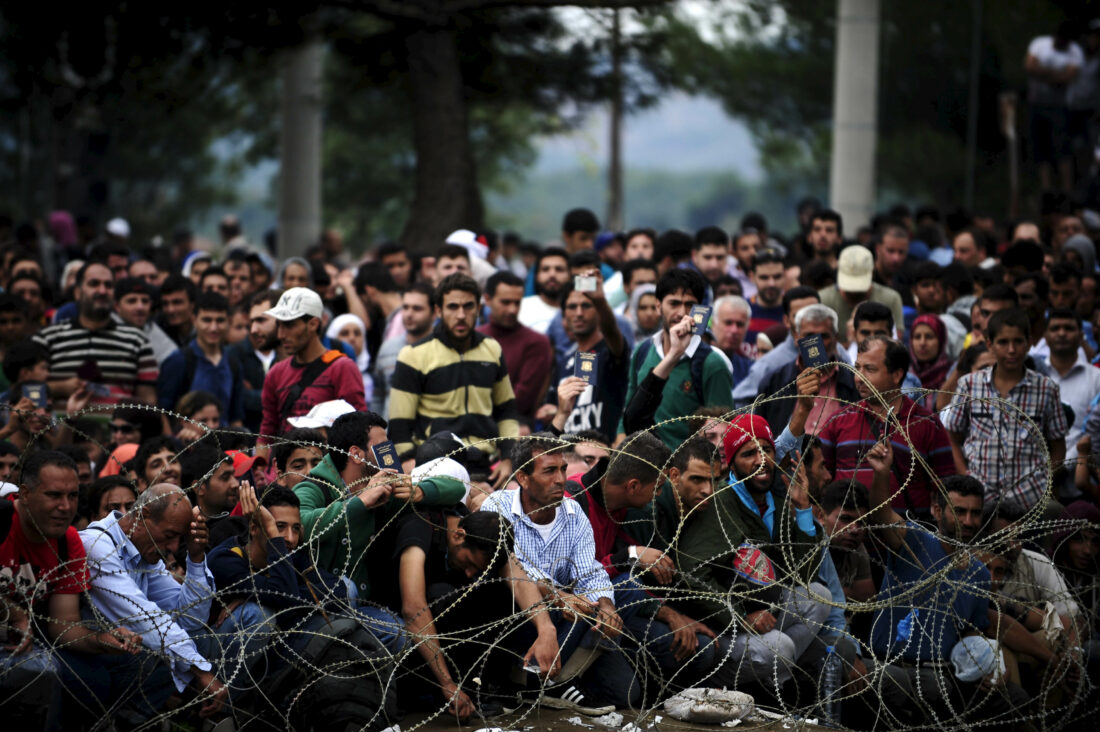
The European Commission’s hypocritical tears mean little to refugees
Article by Neoklis Sylikiotis, AKEL Political Bureau of AKEL, AKEL MEP and GUE/NGL Vice-President
14th February 2017
 The First Vice-president of the European Commission Frans Timmermans briefed the press last week about the 9th progress report on the emergency relocation and resettlement programmes in the EU. This report evaluated the actions taken on 8th December 2016 and afterwards to address the humanitarian crisis which the refugees are currently suffering on the EU’s coasts. According always to the press, Mr. Timmermans used a particularly harsh language against EU Member States that do not accept the relocation of refugees or refrain from participating in Community solidarity towards Greece and Italy.
The First Vice-president of the European Commission Frans Timmermans briefed the press last week about the 9th progress report on the emergency relocation and resettlement programmes in the EU. This report evaluated the actions taken on 8th December 2016 and afterwards to address the humanitarian crisis which the refugees are currently suffering on the EU’s coasts. According always to the press, Mr. Timmermans used a particularly harsh language against EU Member States that do not accept the relocation of refugees or refrain from participating in Community solidarity towards Greece and Italy.
At the same time, Amnesty International published last week its own research, which speaks of “inadequate conditions that continue to be of concern” in the refugee reception centres in Greece, “extremely miserable conditions” in the centre of the Old Airport in Athens and of the “grave concern about the overcrowding on the islands”, where “some 15,000 refugees, asylum applicants and migrants are facing the danger of a return to Turkey because of the EU-Turkey Agreement and under the false assumption that Turkey is a safe country.”
Unfortunately, the European Commission has been late in its sensitivity on the issue. It didn’t act in practice with sanctions against those Member States violating relocation agreements and the EU’s fundamental principles. The hypocritical tears being shed for the refugees and the harsh language used aren’t enough. For a long time instead of acting with solidarity and humanism, the EU was discreetly nurturing xenophobia and racism, talking about security and terrorism because of the refugees. Whereas the EU should have approached the issue with solidarity and humanism and acted according to these principles, it proceeded to conclude the inhuman and shameful relocation agreement with Turkey. It is now indeed attempting to conclude other such agreements with neighboring countries as well. Instead of acting with solidarity and humanism the EU opted to pursue a policy of militarism, increasing both the funds and forces of FRONTEX and EUROPOL, as well as by closing the Balkan route.
With the increased deployment of EUROPOL in the maritime region of Greece as well, the only thing it has managed to do is to bolster the flows of refugees (mainly from Africa this time) to Italy. More than 2,500 people drowned in their attempt to cross the Mediterranean in 2016, surpassing that of 1,855 in 2015.
However real solidarity and social sensitivity is demanded to address the refugee crisis. First of all its root causes must be tackled. This means establishing immediate peace in the regions of Central Africa, North Africa and the Middle East; regions plagued by poverty and wars which in fact the major imperialist powers are fomenting with the cooperation of the EU. State funds should be provided for public investment in infrastructures for the social and economic development of these areas. The treatment of refugees as criminals must stop. Measures must be promoted in the EU in line with International Law, solidarity, human rights and human dignity. Safe and legal pathways for refugees should be created, visas granted for humanitarian reasons and the reunification of families should be enhanced.
The deal to exchange refugees with Turkey should be terminated immediately. Immediate sanctions should be applied against all Member States that fail to meet their commitments for the resettlement of refugees. Dublin II must be abolished and there should be a fair distribution of the burden of refugee flows depending on the GDP of each state. Finally, there should be a common asylum system which ensures the free movement of refugees across European territory, as well as a permanent scheme for their relocation to all EU Member states, based on the population and economic situation of each country.

